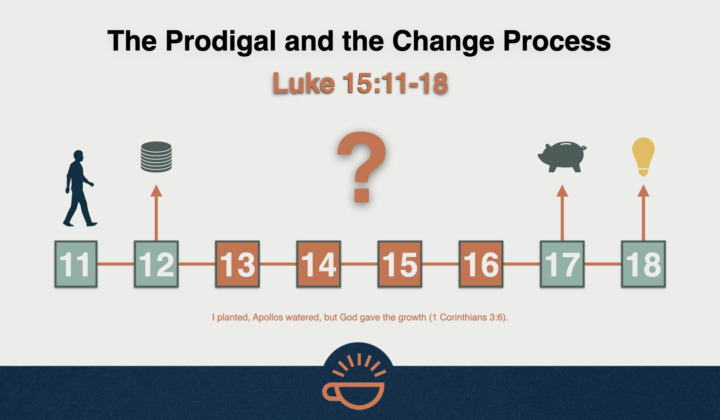Description
In Mind Mapping: A Diagnostic Tool for Discipleship, Rick Thomas presents a robust, visually structured approach to biblical counseling, offering a unique diagnostic method to help disciplers understand and shepherd souls with greater clarity. This is not another entry in the genre of self-help or therapeutic Christianity. It is, at its core, a manual for soul care—a theological treatise made accessible through visual discipleship.
Each chapter pairs a mind map with rich commentary, functioning like a theological X-ray of the soul. Thomas doesn’t merely present diagrams; he offers a way to trace the fruit back to the root, to distinguish symptoms from causes, and to illuminate the heart behind behavior. These mind maps serve as tools—not ends in themselves—to direct counselors toward gospel-centered transformation, not merely behavioral management.
A key strength of the book is its Christocentric clarity. From issues of marriage and self-reliance to gossip and financial stewardship, every topic is tethered to Scripture, the gospel, and the local church. Thomas doesn’t flinch at hard truths. For example, in “A Study in Self-Reliance,” he exposes the illusion of autonomy as a rebellion against God’s design. He traces fear, anger, and manipulation back to the lie of self-sufficiency and proposes a path of repentance that is rooted not in performance, but in dependency on the Spirit and participation in biblical community.
The chapters on marriage—particularly “The Best Marriage Help” and “Insecure Husband, Critical Wife”—stand out for their courage and nuance. Rather than offer marital tips or formulaic counsel, Thomas digs into Genesis 3 to expose the inherent relational dysfunction introduced by the fall: the wife’s desire to control and the husband’s tendency toward passivity or domination. Yet the solution isn’t a checklist—it’s a Spirit-filled walk that relies on grace to combat the ever-present temptation of the flesh.
In “Lady With a Small God,” the author masterfully connects early shaping influences to adult struggles in faith, showing how a distorted view of earthly authority often leads to a truncated view of God. The proposed path forward is not therapeutic in nature but thoroughly theological. Restoration comes through a right view of God, sustained by spiritual disciplines and supported by gospel-centered relationships.
What makes this book especially valuable is its call to action after each chapter. These aren’t generic reflection questions; they’re gospel-anchored provocations designed to produce transformation in real time. They encourage both self-examination and community engagement, echoing the principle that sanctification is not a solo sport.
Mind Mapping is a bold, thoughtful, and deeply biblical tool for any serious student of discipleship. It serves not only as a guide for helping others but as a mirror for the counselor himself. Thomas’s writing is pastoral, yet unflinchingly honest. He does not cater to comfort but calls the reader toward the cruciform path of love, repentance, and Spirit-empowered change. For those invested in soul care that takes the gospel seriously, this book will be an indispensable resource.















